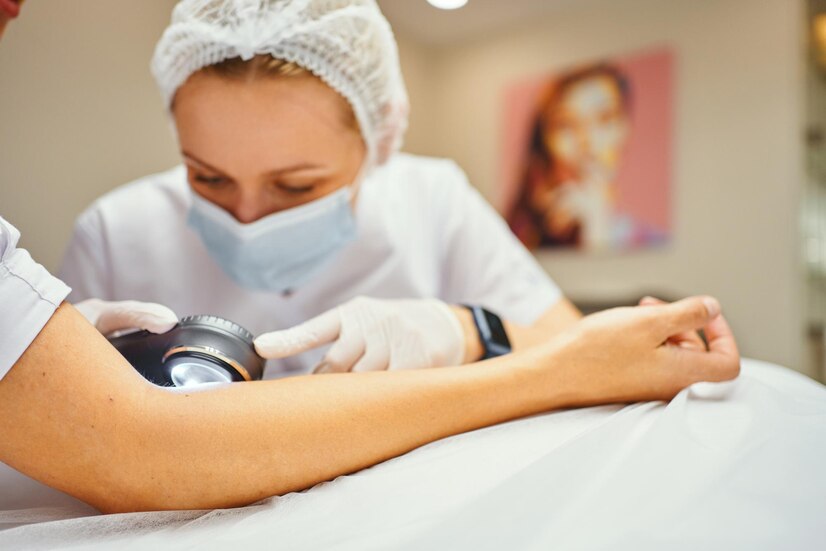- About Us
- Treatments
Skin Treatments
MenuMenuHair Treatments
MenuBody Treatments
Menu - Procedures
Aesthetics
MenuCosmetic Surgery
Menu - Training
- Products
- Gallery
- Contact Us
Atopic dermatitis (eczema) is a condition that causes dry, itchy and inflamed skin. It’s common in young children but can occur at any age. Atopic dermatitis is long lasting (chronic) and tends to flare sometimes. It can be irritating but it’s not contagious.
People with atopic dermatitis are at risk of developing food allergies, hay fever and asthma.
Moisturizing regularly and following other skin care habits can relieve itching and prevent new outbreaks (flares). Treatment may also include medicated ointments or creams.
Atopic dermatitis (eczema) symptoms can appear anywhere on the body and vary widely from person to person. They may include:

Talk with a health care provider if you or your child:
Has symptoms of atopic dermatitis
Is so uncomfortable that the condition is affecting sleep and daily activities
Has a skin infection — look for new streaks, pus, yellow scabs
Has symptoms even after trying self-care steps
Seek immediate medical attention if you or your child has a fever and the rash looks infected.
In some people, atopic dermatitis is related to a gene variation that affects the skin’s ability to provide protection. With a weak barrier function, the skin is less able to retain moisture and protect against bacteria, irritants, allergens and environmental factors — such as tobacco smoke.
In other people, atopic dermatitis is caused by too much of the bacteria Staphylococcus aureus on the skin. This displaces helpful bacteria and disrupts the skin’s barrier function.
A weak skin barrier function might also trigger an immune system response that causes the inflamed skin and other symptoms.
Atopic dermatitis (eczema) is one of several types of dermatitis. Other common types are contact dermatitis and seborrheic dermatitis (dandruff). Dermatitis isn’t contagious.
Complications:
Prevention:
Developing a basic skin care routine may help prevent eczema flares. The following tips may help reduce the drying effects of bathing:
Book An Appointment